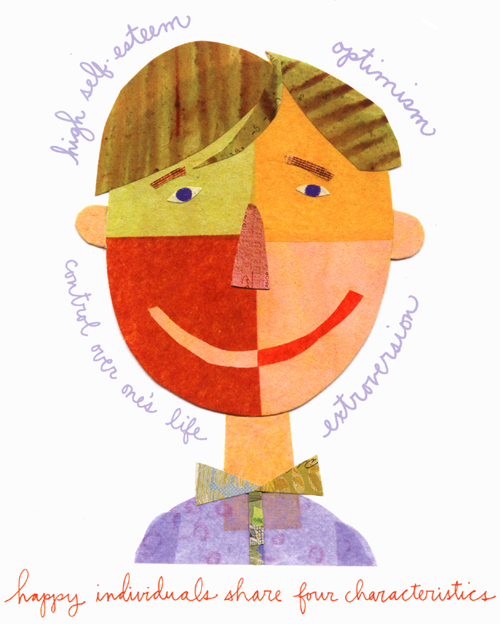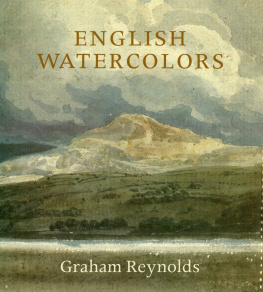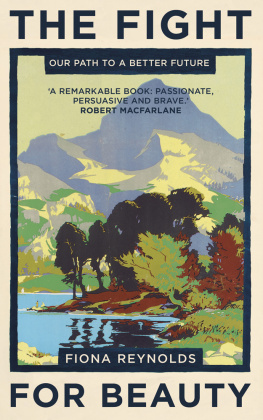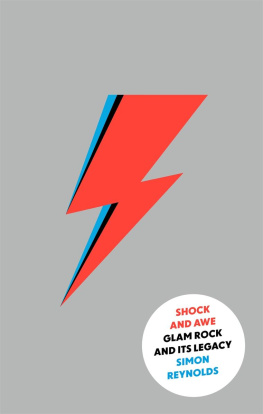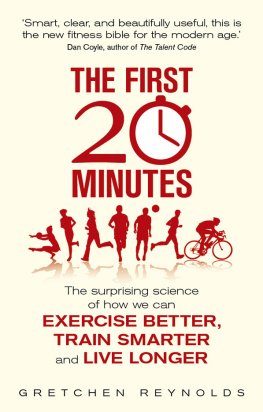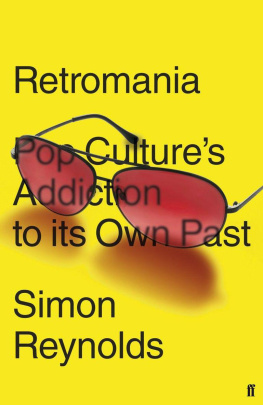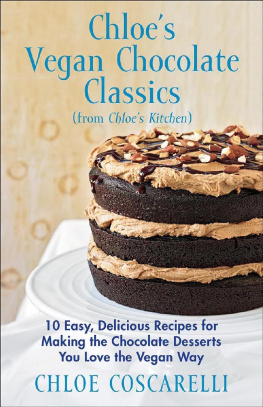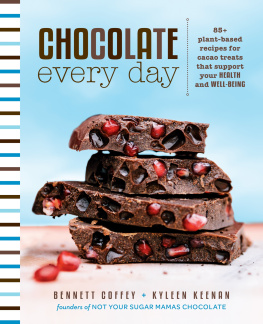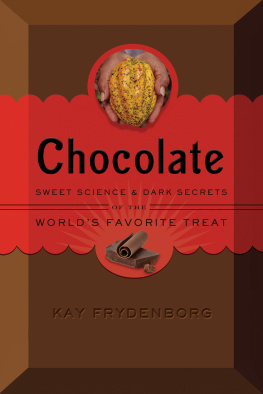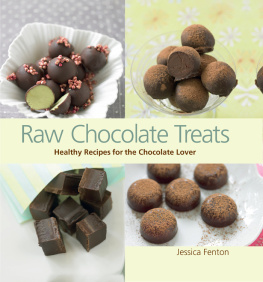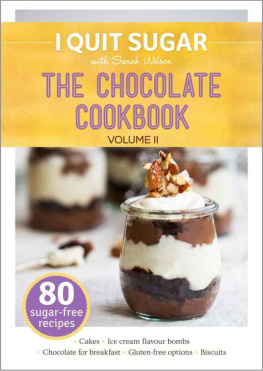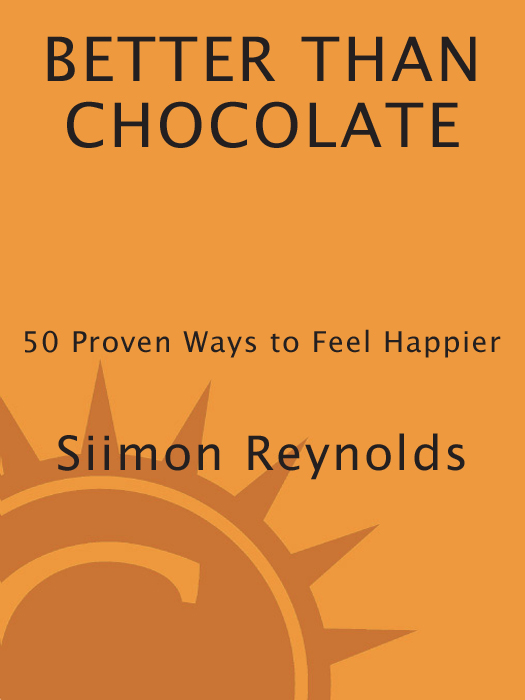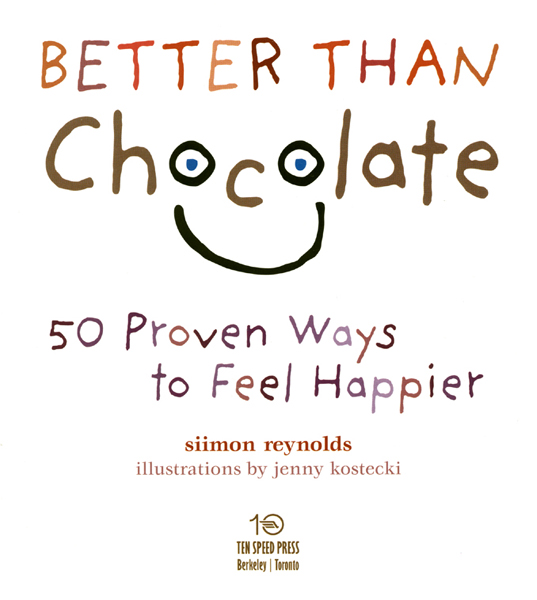Copyright 2004, 2005 by Siimon Reynolds
Illustrations copyright 2005 by Jenny Kostecki
All rights reserved. No part of this book may be reproduced in any form, except brief excerpts for the purpose of review, without written permission of the publisher.

Ten Speed Press
P.O. Box 7123
Berkeley, California 94707
www.tenspeed.com
Distributed in Canada by Ten Speed Press Canada.
First published by the Penguin Group (Australia) in 2004.
Library of Congress Cataloging-in-Publication Data
Reynolds, Siimon.
Better than chocolate : 50 proven ways to feel happier / Siimon Reynolds ; illustrations by Jenny Kostecki.
p. cm.
eISBN: 978-0-307-78562-6
1. Happiness. I. Title.
BJ1481.R495 2005
158.1dc22
2004026820
v3.1

T o K a t h ,
source of so much happiness.
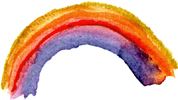
What could possibly be better than chocolate? How about good health, self-acceptance, loving relationships, freedom from fear and guilt, and a clear sense of purpose in life? Happiness is not anaccident . There are numerous simple techniques anyone can use to live a more joyful life. The only trouble is, few people know about them or seek them out.
The field of Positive Psychology , or the study of how to be happy, is one of the newest areas of science. News of its discoveries has yet to reach many people. In this small guide, Ive attempted to summarize a range of major ancient and contemporary theories on happiness. I have deliberately kept them brief and simple so that you may grasp the keys to increasing your bliss without having to wade through mountains of scientific research. These techniques have all been tested, many under rigorous clinical conditions, and theyve been proven not just effective but life-changing .
Though it may not satisfy your immediate sweet tooth, Better Than Chocolate should put a smile on your face and some joy in your heart. More important, I hope youll try to make these happiness-inducing techniques and principles a part of your life . After all, there is surely nothing more important in our lives than our happiness.
HAPPYREADING .
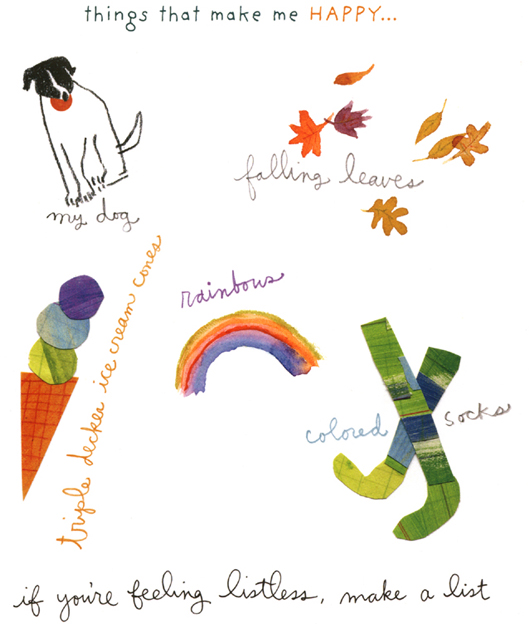
When I first heard of this technique I was struck by its simplicity. High-performance expert Fred Grosse recommends his students write a list of all the activities they love doing. It could be anything from walking on a beach at sunset to having a long soak in the bath .
Make such a list for yourself. Then, at the beginning of each week, schedule at least one of these activities in your diary every day. Allocate a specific time for it to ensure youll make it happen. With this simple system, your life soon becomes filled with many more enjoyable, happy moments . Just as important, this technique forces you to be more conscious of your happiness and to make it a top priority.
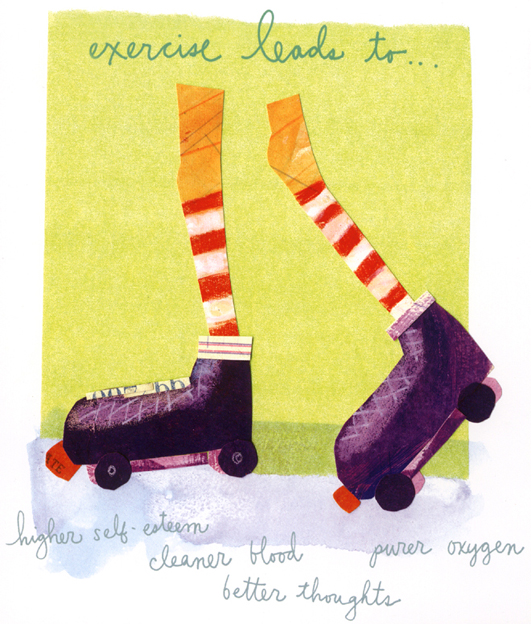
Daily exercise can have a huge impact on how positive we feel. There are several reasons why. First, giving our body a regular workout helps reduce tension and Stress . Second, studies have shown that exercise changes our bodys biochemistry. During exercise we produce natural opiates, known as endorphins, that make us feel happierhence the famous runners high.
Finally, regular exercise reduces fat, improves muscle tone, clears the skin, and makes us feel strong. These changes often lead to a significant increase in Self-esteem , a mental state closely linked with happiness.
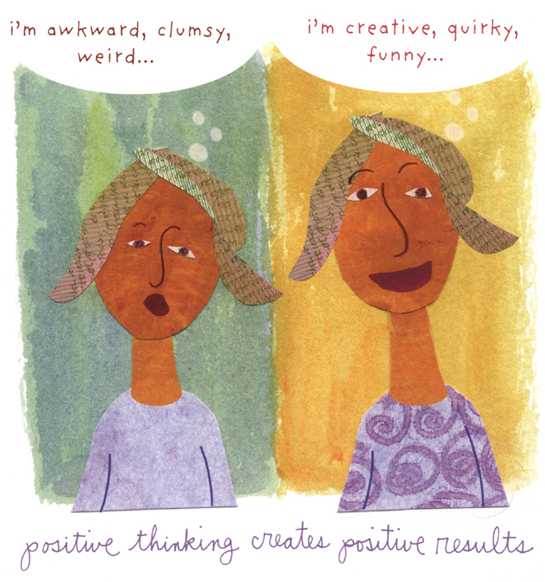
In the last twenty years, mainstream psychology has taken an enormous leap forward. Where Freud and Jung once claimed that emotions affect our thinking, todays cognitive therapists emphasize that thinking also alters our moods. To feel happier, they say, we must direct our thinking.
When you next feel down, try this simple but powerful cognitive therapy technique:
- Write down what you are thinking.
- Question this on paperis the thought helpful and realistic?
- Write down a more positive way of looking at your situation.
Try it now. Youll be surprised at how this elementary cognitive process can work wonders.
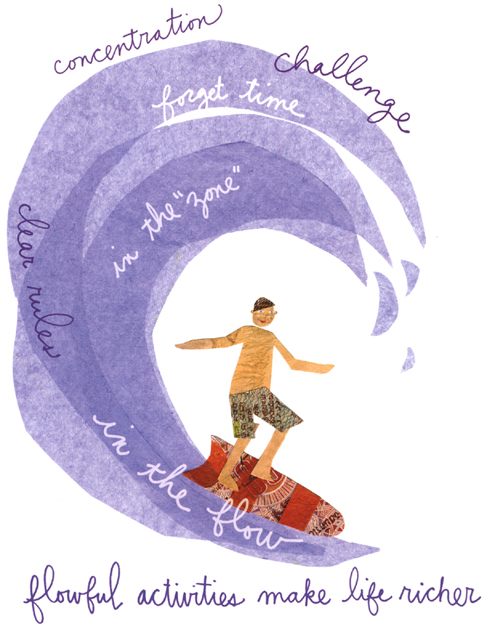
Flow theory is one of the most important breakthroughs of the last twenty years. Mihaly Csikszentmihalyi, its pioneer, suggests that enjoyment consists of four components:
- We are doing an activity that is challenging;
- it is clear how we are progressing (the rules are simple);
- it takes all our concentration;
- but we are making progress and feel in control.
We tend to experience flow when we practice a discipline such as an art or a sport or a religion. (Activities such as watching TV are not usually flowful because they lack a sense of achievement.) The more flow activities we incorporate into our lives, the happier we feel. What five activities create flow for you, and how could you do more of them each week?
